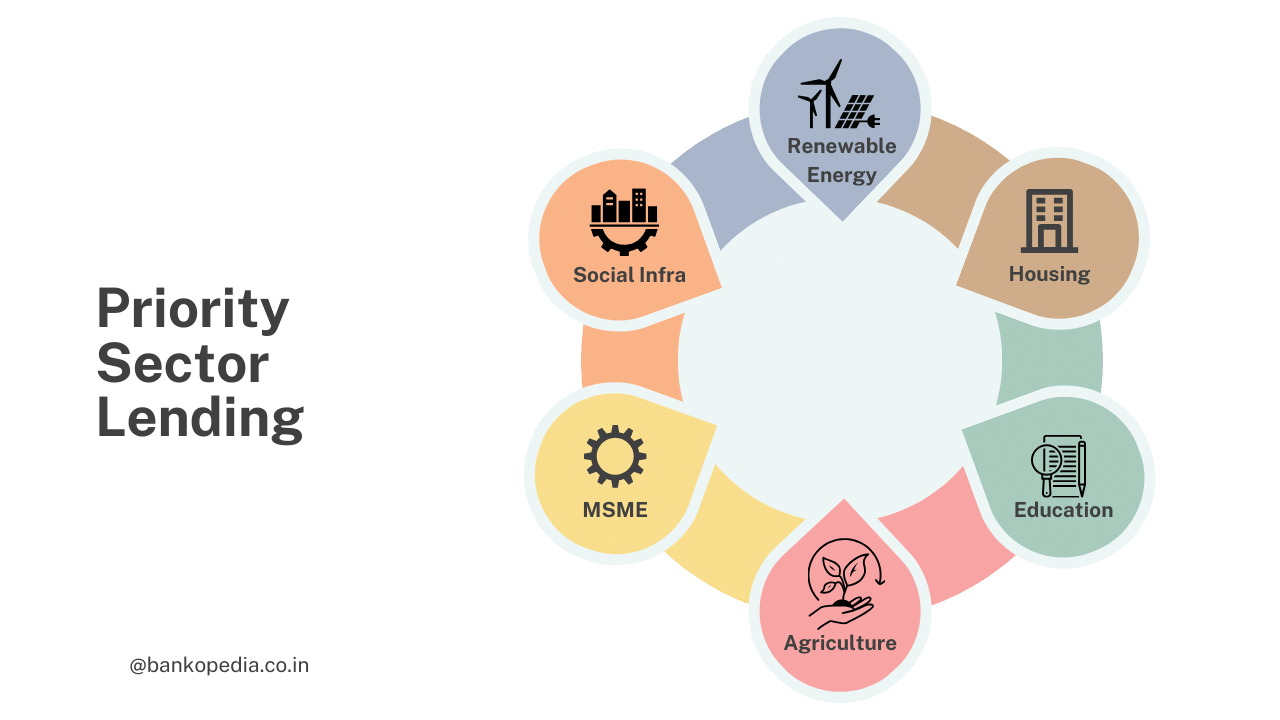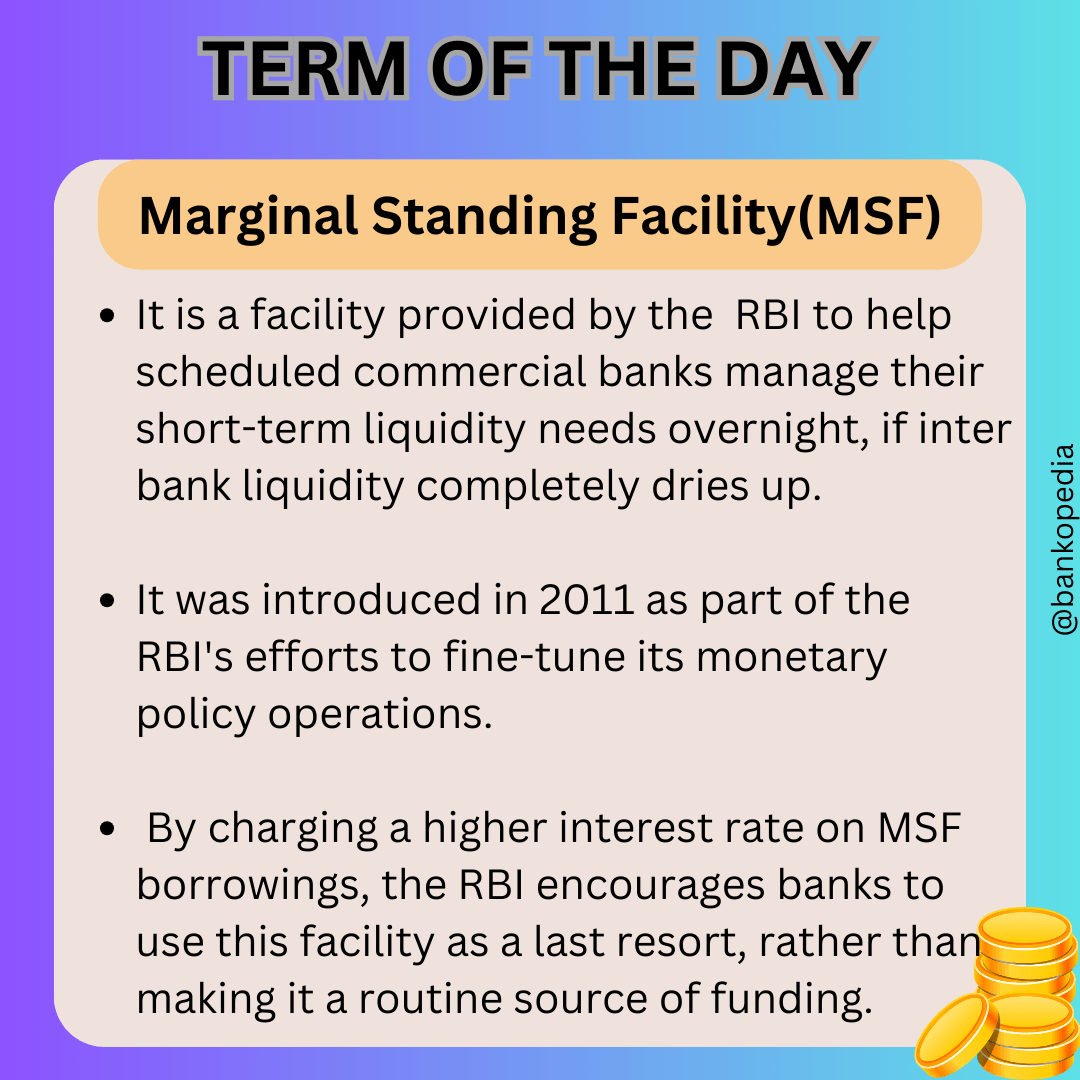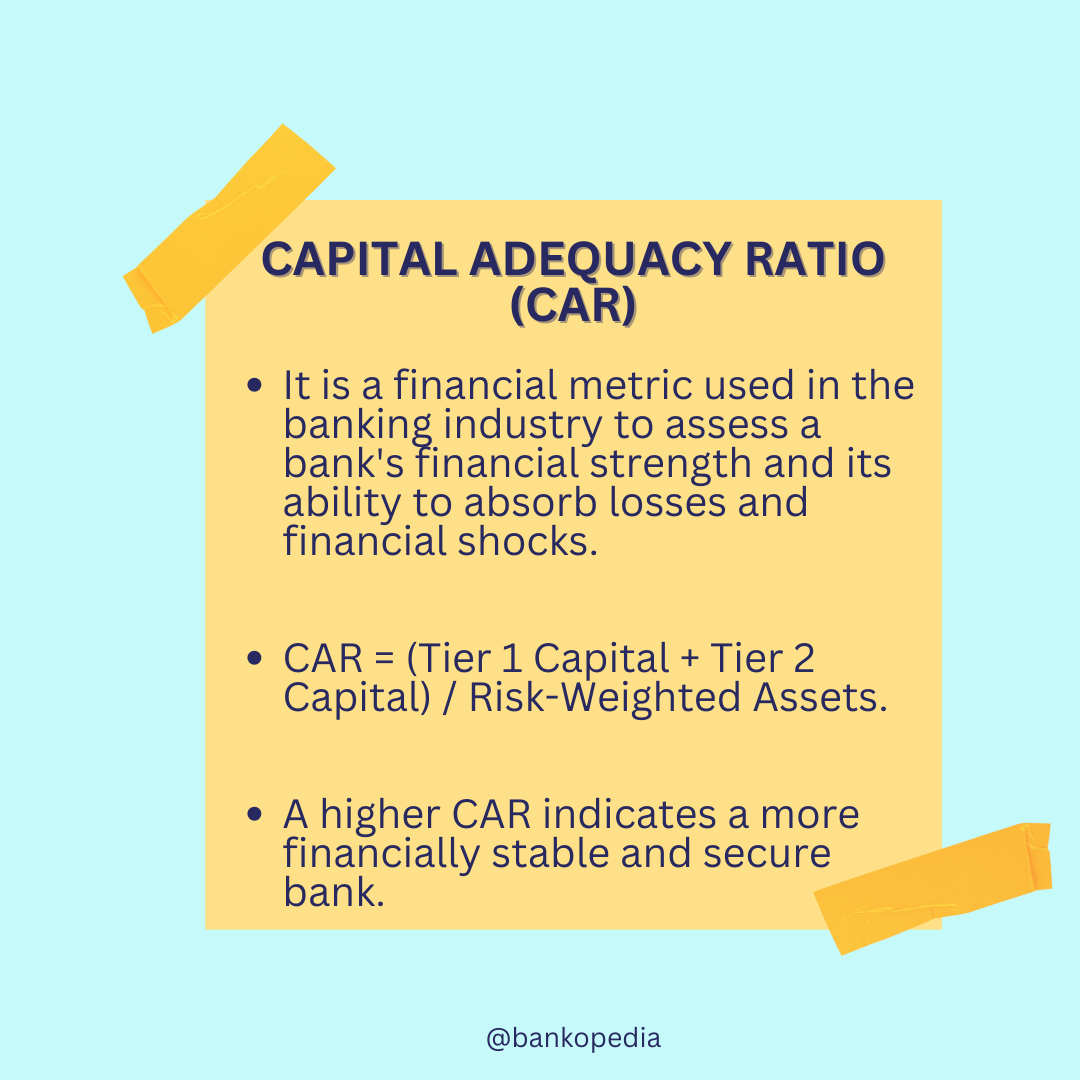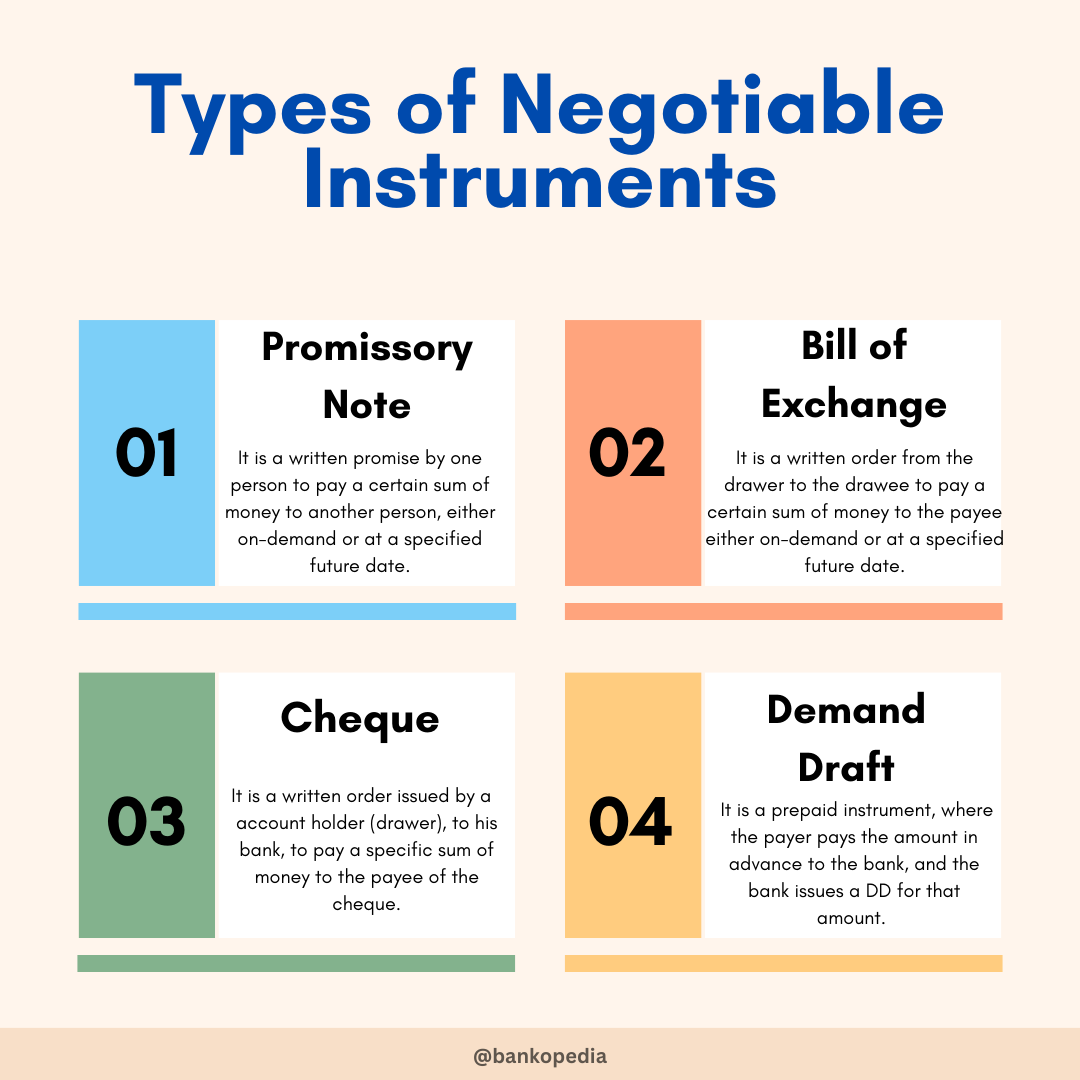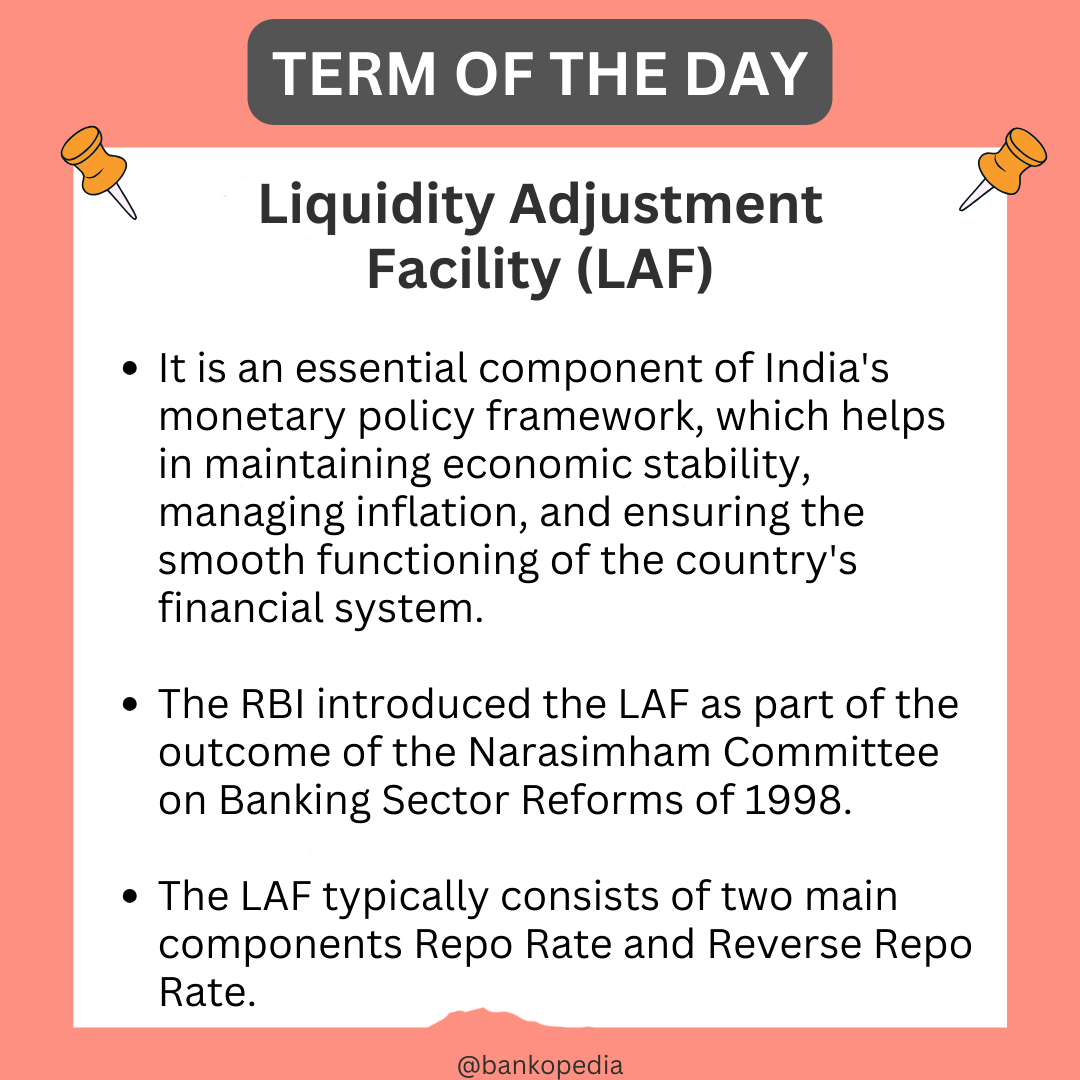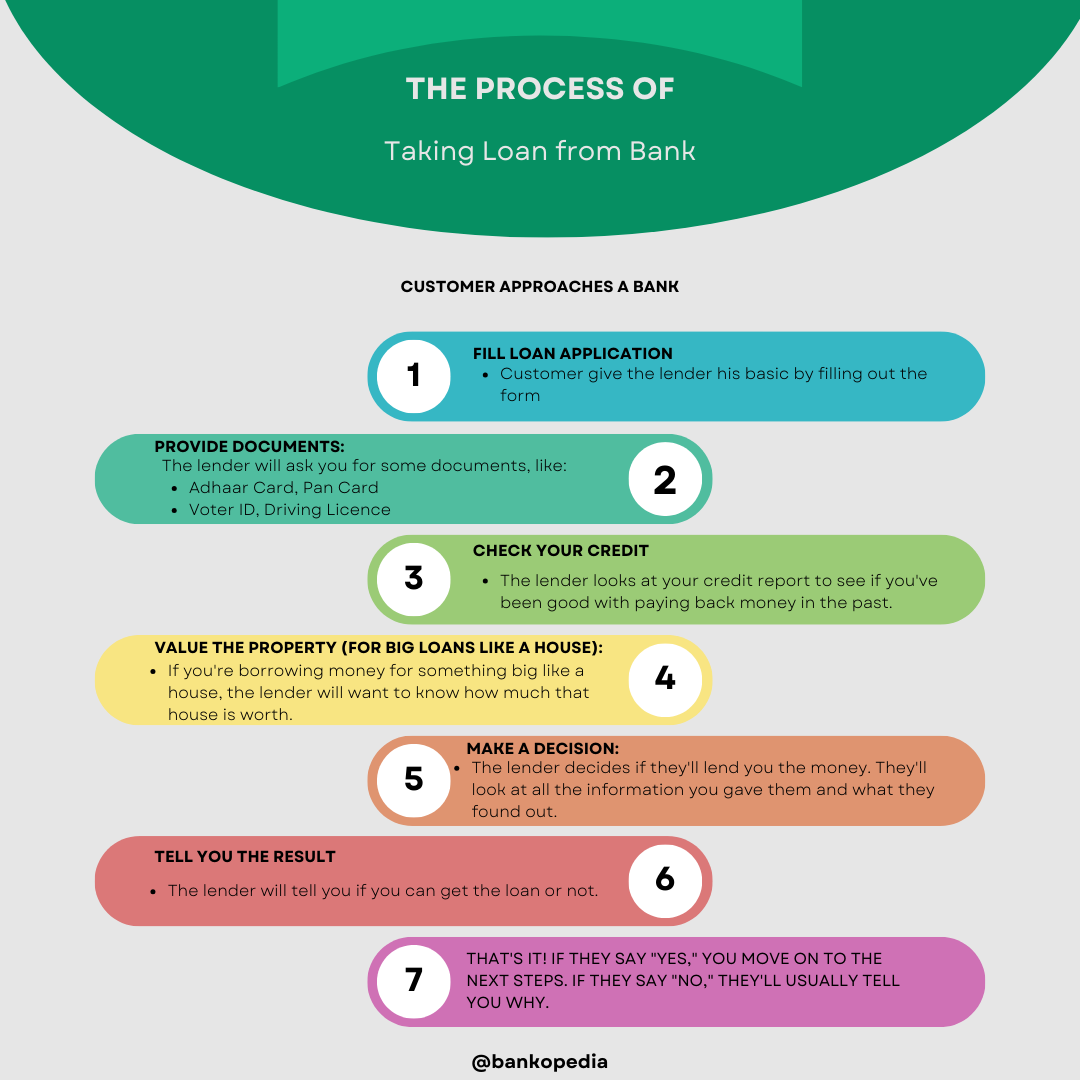Welcome to Daily Banking Digest, your premier source for the latest news and insights on March 28, 2024, focusing on banking, the economy, and finance. Our platform offers a comprehensive overview of the day’s most critical financial stories, market trends, and economic developments. Whether you’re a professional in the financial sector, an investor monitoring market movement, or someone interested in staying informed about the economic landscape, Daily Banking Digest provides reliable, up-to-date information.
Join our Telegram Channel for Daily PDF in your Inbox – Click Here
Table of Contents
Eliminating Out-of-Pocket Costs: The Transformative Impact of “Cashless Everywhere” on Health Insurance
Out-of-pocket health expenditure in India is high, highlighting the need for robust health insurance policies. The ‘Cashless Everywhere’ initiative allows policyholders to receive cashless treatment at any hospital of their choice, regardless of network status. This initiative provides financial protection, reduces paperwork, and offers peace of mind during medical emergencies.
Key Points
Out-of-Pocket Health Expenditure in India – Accounts for nearly 48.2% of total health expenditure.
Health Insurance – Provides financial protection against unexpected medical expenses. – Limitations in hospital networks can cause financial strain and stress.
‘Cashless Everywhere’ Initiative – Allows policyholders to receive cashless treatment at any hospital of their choice. – Announced by the General Insurance Council in collaboration with insurance companies.
Benefits of ‘Cashless Everywhere’ – Emergency medical care without upfront payments. – Access to specialized treatment at non-network hospitals. – Treatment for dependents at non-network hospitals. – Medical evacuation without financial constraints. – Reduced paperwork and hassle. – Financial security during travel.
How to Avail Cashless Everywhere – Inform insurance company 48 hours before admission for elective procedures. – Notify insurance company within 24-48 hours of admission for emergency treatment. – Ensure claim admissibility as per policy terms.
Conclusion The ‘Cashless Everywhere’ initiative enhances the accessibility of cashless health insurance, providing financial security and peace of mind during medical emergencies.
ICICI Bank Accused of Attempted Influence on I-Sec Minority Investors
ICICI Bank is facing allegations of pressuring minority shareholders of ICICI Securities to support its delisting proposal. Shareholders claim that bank executives contacted them directly, requesting their votes in favor of the resolution. Legal experts suggest that such actions could lead to regulatory scrutiny of the voting process.

Key Points:
Alleged Coercion by ICICI Bank: – Shareholders of ICICI Securities allege that bank executives contacted them directly, asking them to vote in favor of the delisting resolution. – Some shareholders claim that executives requested OTPs and screenshots of their voting.
Regulatory Implications: – PFUTP Regulations prohibit deceptive practices in securities markets. – LODR Regulations enforce transparent disclosure of information that impacts investor decision-making. – Sebi Regulations ensure fair procedures in acquisitions or delisting. – Prohibition of Insider Trading Regulations guard against the misuse of confidential information.
Potential Sebi Investigation: – Market regulator Sebi may investigate the allegations of coercion. – Sebi has authority to scrutinize the voting process and ensure fairness.
Shareholder Voting: – ICICI Bank’s largest public shareholder, Norges Fund Investment Bank, voted in favor of the resolution. – Quantum Mutual Fund voted against the resolution.
Market Reaction: – Shares of ICICI Securities fell 1.75% on Tuesday. – ICICI Bank closed 0.6% lower on Tuesday.
CCI Investigating Fintech Entities for Anti-Competitive Practices: Chairperson Kaur
The Competition Commission of India (CCI) is investigating fintech companies to assess the impact of their technology use on competition. The regulator is also examining cases in the film industry, particularly related to film distributors. The CCI aims to strike a balance between regulation and freedom, ensuring a competitive digital market.

Key Points:
CCI Investigations in Fintech Sector: – CCI is investigating fintech entities to determine the impact of their technology use on competition.
Focus on Big Tech and Other Sectors: – CCI is monitoring big tech companies as well as fintech, online intermediary service providers, and other sectors.
Film Industry Scrutiny: – CCI is examining cases in the film industry, especially those involving film distributors.
Impact on Economy: – CCI’s actions aim to promote healthy competition, leading to enhanced consumer choice, innovation, and economic growth.
Balance Between Regulation and Freedom: – CCI seeks to strike a balance between regulation and freedom, ensuring a contestable and fair market.
Expedited Cases in Digital Market: – CCI is prioritizing cases related to the digital market to ensure transparency and fairness.
Increased Awareness of Competition Laws: – Companies are becoming more aware of the importance of adhering to competition laws.
Digital Market Data Unit: – The Digital Market Data Unit has been established at the CCI to monitor the digital market.
Impact of CCI Rulings: – CCI’s rulings against Google, including those related to Android and Play Store pricing, have had a positive impact on the market.
Pending Inquiries: – Inquiries against Amazon, Flipkart, BookMyShow, Zomato, Swiggy, WhatsApp, Facebook, Apple, and Google are pending before the CCI.
RBI Announces Schedule for Monetary Policy Committee Meetings in FY25
The Reserve Bank of India (RBI) has announced the schedule for its Monetary Policy Committee (MPC) meetings for the next financial year, starting with a three-day meeting from April 3-5, 2024. The MPC is responsible for setting the benchmark interest rate, and meetings are held at least four times a year.
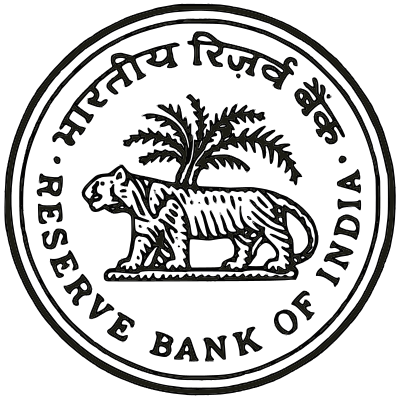
Key Points:
- Meeting Schedule:
- April 3-5
- June 5-7
- August 6-8
- October 7-9
- December 4-6
- February 5-7
- MPC Responsibilities:
- Fixing the benchmark interest rate
- Recent Monetary Policy Actions:
- Raised interest rates by 250 basis points between May 2022 and February 2023
- Currently maintaining a status quo on monetary policy
RBI’s Guidance on Bank Investments in Alternative Investment Funds
The Reserve Bank of India (RBI) has issued an advisory clarifying the extent of banks’ investments in alternative investment funds (AIFs). Banks are now required to set aside provisions only for the portion of their investment in AIFs that is further invested in debtor companies, rather than the entire investment in the AIF scheme.
Key Points:
- Provisioning Requirements: Banks need to provision only for the portion of their investment in AIFs that is invested in debtor companies.
- Downstream Investments: Downstream investments include all investments in AIFs except for equity shares of the debtor company.
- Capital Deduction: Deductions from capital will be made equally from both Tier-1 and Tier-2 capital of banks.
- Background: The advisory follows concerns that AIFs were being used to evergreen loans, which would otherwise have to be classified as non-performing.
- Revised Circular: The revised circular clarifies the definition of downstream investments and the provisioning requirements for banks’ investments in AIFs.
Mandi Cooperative Bank Penalized by RBI for Non-Compliance
The Reserve Bank of India (RBI) has imposed a fine of Rs 6 lakh on the Mandi Urban Co-operative Bank in Himachal Pradesh for non-compliance with RBI regulations on interbank deposits. The fine is based on a supervisory inspection conducted as of March 31, 2022, which revealed that the bank had exceeded prudential interbank exposure limits.
Key Points:
- Fine Imposed: RBI fined Mandi Urban Co-operative Bank Rs 6 lakh for non-compliance with regulations on interbank deposits.
- Basis of Fine: The fine was imposed based on supervisory findings of non-compliance with RBI directions on interbank exposure limits.
- Inspection Date: The inspection was conducted with reference to the bank’s financial position as of March 31, 2022.
- Nature of Non-Compliance: The bank breached prudential interbank exposure limits both on a gross and counterparty basis.
- Purpose of Fine: The fine is intended to address deficiencies in regulatory compliance and is not a judgment on the validity of any transactions.
- Other Actions: The fine does not preclude any other actions that RBI may take against the bank.
RBI to Revise FEMA Guidelines for E-commerce Companies Based on DGFT Recommendations
The Reserve Bank of India (RBI) is considering revising the Foreign Exchange Management Act (FEMA) guidelines to facilitate e-commerce exports. The Directorate General of Foreign Trade (DGFT) has requested the RBI to relax the 270-day limit for realizing foreign exchange and allow self-declaration based e-BRCs for e-commerce players. The RBI is also working with DGFT to establish designated hubs with warehousing facilities for e-commerce aggregators.
Key Points
1. RBI to Review FEMA Guidelines – RBI will re-examine FEMA guidelines based on inputs from the Commerce Department. – Aim is to ease operations for e-commerce exporters.
2. Relaxation of 270-Day Limit – DGFT requests RBI to extend the 270-day limit for realizing foreign exchange in e-commerce exports. – E-commerce ecosystem requires more time for payment realization.
3. Self-Declaration Based e-BRCs – RBI and DGFT are working to allow self-declaration based e-BRCs for e-commerce players. – This will streamline the process of uploading e-BRCs on the DGFT system.
4. Potential for E-Commerce Exports – India’s e-commerce exports are estimated at $2 billion annually. – There is significant potential for growth in this sector.
5. FTP 2023 Measures – FTP 2023 includes measures to promote e-commerce exports, such as: – Extension of FTP benefits to e-commerce exports. – Increased value limit for exports through couriers. – Guidelines for streamlining e-commerce export facilitation. – Designated hubs with warehousing facilities for e-commerce aggregators.
India Narrows Steel Trade Gap with Increased Exports and Stable Imports
India’s steel trade deficit has decreased by 10% to ₹10,411 crore for the April-February period due to increased exports and stable imports. Exports rose by 78% year-over-year and 21% sequentially, while imports remained steady. Europe remains a key export market, with Italy, Spain, and Belgium being the top buyers.
Key Points:
Trade Deficit: – Decreased by 10% to ₹10,411 crore for April-February period.
Imports: – Stood at 7.6 million tonnes, valued at ₹63,432 crore. – Increased by 29% year-over-year. – Hot rolled coil/strip was the most imported item, accounting for 45% share.
Exports: – Reached 6.6 million tonnes, valued at ₹53,021 crore. – Increased by 78% year-over-year and 21% sequentially. – Hot rolled coils and strips were the highest exported item, accounting for 39% of volumes.
Export Destinations: – Europe accounted for 45% of exports. – Italy was the largest market, with exports increasing by 85% year-over-year. – Spain and Belgium also saw significant increases in exports.
Other Major Buyers: – Nepal and UAE were other major buyers, with exports to Nepal increasing and exports to UAE decreasing.
Morgan Stanley Upgrades India’s FY25 GDP Growth Projection to 6.8%
Morgan Stanley has raised India’s GDP growth forecast for FY’24-25 to 6.8% from 6.5%, citing continued industrial and capex activity. The current calendar year’s growth is projected at 6.8%, up from 6.4% earlier. The report highlights a broad-based growth with narrowing gaps between rural-urban consumption and private-public capex.

Key Points
GDP Growth Forecast – FY’24-25 GDP growth forecast raised to 6.8% from 6.5% – Current calendar year growth projected at 6.8% from 6.4% – Robust 7.9% growth for current fiscal, higher than government and RBI estimates
Capex-Led Growth – Capex recovery led by government spending – Private capex showing signs of recovery due to improved business environment – Capex spending expected to grow above nominal GDP in 2024-25 and 2025-26
RBI Rate Cut – RBI expected to embark on a shallow rate cut cycle – Two rate cuts of 25 basis points each projected – First cut pushed forward to August/October from June
Private Consumption – Private consumption growth recovering, narrowing gap with pre-pandemic trend – Further recovery expected as rural-urban and goods-services demand gaps narrow
Export Outlook – Export trend expected to stabilize – India to benefit from supply-chain diversification and manufacturing support – Export market share projected to increase from 2.4% to 4.5% by 2031
IRDAI Scrutinizes IIHL’s Proposed Acquisition of Reliance Capital’s Insurance Subsidiaries
IRDAI has requested detailed information from Reliance Capital’s administrator regarding IndusInd International Holdings’ proposed acquisition of RCap and its insurance subsidiaries. The regulator seeks clarification on the transaction structure, shareholder details, and compliance with regulatory guidelines.

Key Points:
IndusInd International’s Response: – IndusInd International submitted a response in February 2024, but it lacks complete information and signatures from relevant parties.
Shareholder Details: – IRDAI has requested details of all 600 shareholders of IndusInd International, including their names, country of incorporation/citizenship, and shareholding.
Transaction Structure: – IRDAI seeks a definitive transaction structure, including details of entities involved, shareholding patterns, and capital structures.
SPV Details: – The regulator has requested shareholding patterns and capital structures of proposed SPVs and any holding companies.
Regulatory Concerns: – IRDAI has questioned proposals involving pledging of shares and borrowing funds via a holding company, which may violate regulatory guidelines.
Holding Company’s Ability: – IRDAI seeks proof of the holding company’s ability to meet future capital requirements of the insurance companies.
RCap’s Status: – IRDAI has asked for clarification on whether RCap will continue as a holding company or become a wholly-owned subsidiary.
Legal and Regulatory Approvals: – The regulator has requested updates on pending cases and approvals from SEBI, RBI, and CCI.
Australia Questions India’s Fisheries Plan at WTO
Australia has requested detailed information about India’s fisheries programs, including the Pradhan Mantri Matsya Sampada Yojana (PMMSY), at a World Trade Organization (WTO) meeting. The questions focus on the program’s objectives, budget, coverage, and performance requirements.
Key Points:
1. WTO Meeting: – Australia raised questions about India’s fisheries programs at a WTO meeting.
2. PMMSY Details Requested: – Australia seeks information on PMMSY’s policy objectives, budget expenditure, and coverage. – Questions include whether the program has export or production-based targets attached to payments or loans.
3. Program Duration and Background: – Australia wants details on the duration, background, and authority of the PMMSY.
4. Subsidy Forms and Objectives: – Australia requests information on the forms of subsidies provided under PMMSY and its policy objectives.
5. PMMSY and Blue Revolution: – Australia seeks confirmation on whether PMMSY supersedes the Blue Revolution fisheries program.
6. Tuna Resource Harnessing: – Australia asks if PMMSY aims to harness tuna resources in India’s exclusive economic zone and the high seas.
7. Aquaculture Coverage: – Australia wants to know if PMMSY covers aquaculture as well as marine capture fishing.
8. Trawler Conversion Program: – Australia inquires about the funding form and ongoing status of India’s program to convert trawlers into deep-sea fishing vessels.
DGFT Announces Policy for Export Authorization of Specific Goods under SCOMET Category
The Indian Commerce Ministry has implemented a policy for general authorization of exports under the SCOMET category for specific telecommunication and information security-related items. This policy allows for the issuance of one-time bulk licenses for these items.
Key Points:
- SCOMET Items:
- Dual-use goods, including special chemicals, organisms, materials, equipment, and technologies.
- General Authorization Policy:
- Notified by the Commerce Ministry for the export of telecommunication-related and information security-related items under SCOMET.
- One-Time Bulk Licenses:
- Granted under the general authorization policy.
- Application Process:
- Exporters must submit an application through the online SCOMET portal with prescribed information.
Toll Plazas to be Replaced by Satellite-Based Toll Collection System: Gadkari
Union Road Transport Minister Nitin Gadkari has announced the implementation of a satellite-based toll collection system, eliminating the current toll collection method. This system will automatically deduct tolls from bank accounts based on the distance traveled, saving time and fuel. The minister also highlighted the benefits of highways in reducing travel time and fuel consumption, justifying the need for toll taxes. By 2024, India’s National Highway network is expected to match that of the United States.
Key Points:
- Satellite-Based Toll Collection System:
- Replaces the current toll collection system.
- Tolls deducted directly from bank accounts based on distance traveled.
- Saves time and fuel.
- Justification for Toll Taxes:
- Highways reduce travel time and fuel consumption.
- Toll taxes are necessary to recoup public-private investment in highway construction.
- National Highway Network Expansion:
- By 2024, India’s National Highway network will be comparable to that of the United States.
- Bharatmala-1 and Bharatmala-2 projects contribute to this expansion.
- Contribution to Five Trillion-Dollar Economy:
- Road Transport Ministry aims to contribute to India’s goal of becoming a five trillion-dollar economy.
- World-standard national highways are being built.
- Road Safety Concerns:
- Minister Gadkari acknowledges the failure to reduce road accidents during his tenure.
- Behavioral change and awareness campaigns are planned to improve road safety.
Textile Industry Poised for Revenue Growth After Two Years of Decline
The textile industry in India is projected to experience a revenue rebound in the upcoming financial year, following a decline in the previous two years due to fluctuating cotton prices and weak export demand. Domestic demand remains steady, while exports are expected to recover gradually. The industry is optimistic about growth in the next financial year, supported by stable cotton prices, continued domestic demand, and export recovery.
Key Points:
- Revenue Outlook:
- Industry revenue expected to rebound in the next financial year.
- Lower revenue in the current financial year due to cotton price correction and subdued exports.
- Exports:
- Exports account for a quarter of the market.
- Slowdown in key export markets impacting exports.
- Domestic demand continues to grow steadily.
- Small and Medium Enterprises (SMEs):
- SMEs constitute 75% of the textile value chain.
- Concerns about export slowdown for SMEs.
- Cotton Prices:
- Cotton prices likely to remain stable due to lower consumption than production.
- Supports cost competitiveness of cotton textile value chain.
- Volume Growth:
- Volume growth for cotton spinners expected to normalize after high growth this year.
- RMG volumes expected to increase gradually with export recovery.
- Export-Oriented Clusters:
- Slower revenue growth (6-7%) expected in export-oriented clusters like Tirupur, Bengaluru, and Mumbai.
- Domestic-Oriented Clusters:
- Higher revenue growth expected in domestic-oriented clusters like Kolkata, Kanchipuram, and Ludhiana.
- Profitability:
- Profitability expected to improve due to stable cotton prices and lower inventory losses.
- Government Initiatives:
- Free trade agreements and textile parks under PM MITRA scheme to enhance competitiveness.
- Production Linked Incentive scheme to boost domestic manufacturing.
Mandatory E-Insurance: Implications for Policyholders
India’s insurance regulator (Irdai) is mandating the conversion of all insurance policies to electronic format by April 1, 2024. This move aims to enhance security, convenience, and policyholder management.
Key Points
1. What is e-insurance? – Managing insurance plans electronically in a secure online account called an e-Insurance Account (EIA).
2. Benefits of e-insurance: – No paperwork, easy access to policies in one place. – Reduced risk of losing documents. – Easy updates and tracking of policy details.
3. Is holding an e-insurance policy compulsory? – Yes, for all policies issued after April 1, 2024.
4. Authenticity of emails from PolicyGenie by CAMS Repository: – Emails are genuine and part of the onboarding process for eIA.
5. Red flags for fake emails: – Sales or marketing communication from CAMS Rep. – Requests for personal information or payments.
6. Advantages of e-insurance policies: – Enhanced security and convenience. – Easy management of multiple policies. – Improved communication between insurers and policyholders.
7. Benefits of consolidating policies into an e-insurance account: – Centralized oversight and management. – Access to integrated benefit realization platform.
8. Security measures for e-insurance system: – ISO 27001 certification and adherence to security norms. – Encrypted data storage and regular security testing. – Two-factor authentication and vulnerability assessments.
9. Cost implications for policyholders: – No cost for opening an e-Insurance Account or converting to e-Policies.

